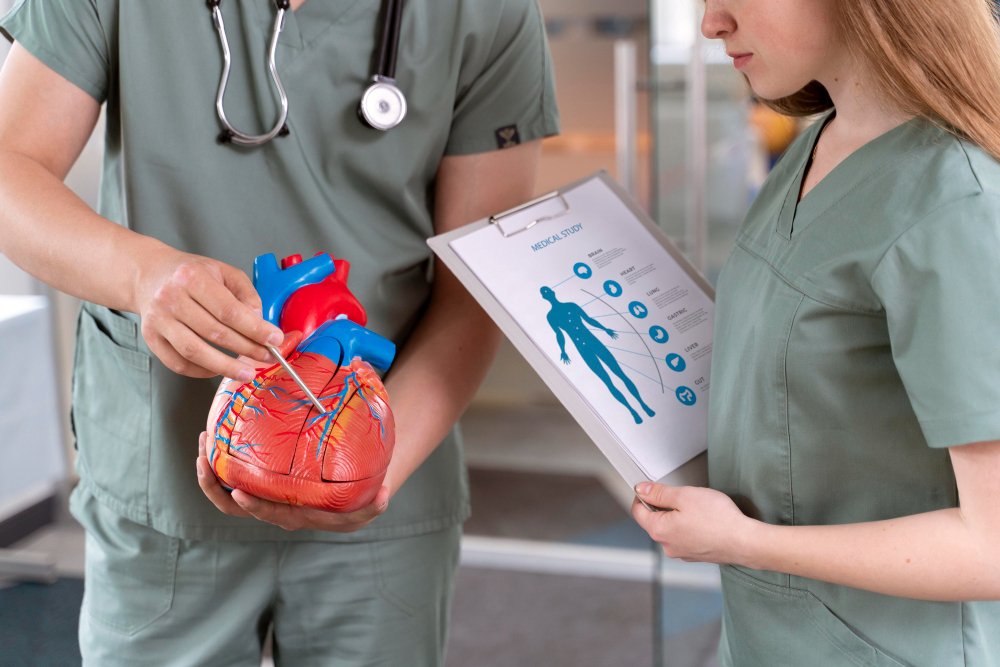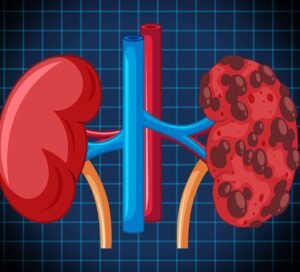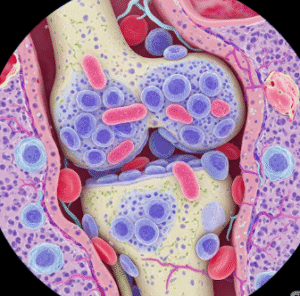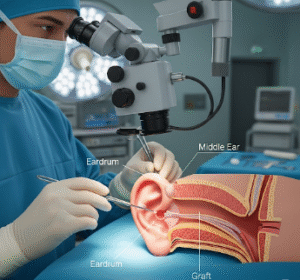Overview
Cardiomyopathy refers to diseases of the heart muscle that impair its ability to pump blood effectively. This can lead to heart failure, arrhythmias, or sudden cardiac arrest. South Korea provides advanced diagnostics, treatment, and surgical interventions for all types of cardiomyopathy. Early detection and proper management are crucial to prevent severe complications.
What is Cardiomyopathy?
Cardiomyopathy is a condition where the heart muscle becomes enlarged, thickened, or rigid, affecting the heart’s ability to pump blood. It can be primary (genetic or idiopathic) or secondary (caused by another medical condition, such as hypertension or diabetes). Types include:
- Dilated Cardiomyopathy (DCM) – enlarged, weakened heart chambers
- Hypertrophic Cardiomyopathy (HCM) – thickened heart muscle
- Restrictive Cardiomyopathy (RCM) – stiff heart walls
- Arrhythmogenic Right Ventricular Cardiomyopathy (ARVC) – replacement of heart muscle with fatty tissue
Symptoms
Symptoms may vary depending on the type and severity:
- Shortness of breath, especially during exertion
- Fatigue and weakness
- Swelling in legs, ankles, and feet (edema)
- Rapid or irregular heartbeat (palpitations)
- Dizziness or fainting (syncope)
- Chest pain
Causes
- Genetic mutations (familial cardiomyopathy)
- Long-standing high blood pressure
- Heart attacks (ischemic heart disease)
- Viral infections affecting the heart
- Alcohol abuse or certain medications/toxins
- Metabolic disorders
Risk Factors
- Family history of cardiomyopathy or sudden cardiac death
- Hypertension
- Obesity
- Diabetes
- Advanced age
- History of heart attack or coronary artery disease
Complications
- Heart failure
- Life-threatening arrhythmias
- Blood clots leading to stroke or embolism
- Sudden cardiac death
- Valve problems due to enlarged heart chambers
Prevention
- Maintain a heart-healthy lifestyle (diet, exercise, weight management)
- Control blood pressure and diabetes
- Avoid excessive alcohol and tobacco use
- Regular cardiac checkups if family history exists
- Early treatment of infections or other heart conditions
Treatment Options in Korea
South Korea offers world-class cardiology services for cardiomyopathy, combining medication, device therapy, and surgical interventions:
- Medication
- Beta-blockers and ACE inhibitors to reduce heart workload
- Diuretics to manage fluid retention
- Anti-arrhythmic medications for irregular heartbeat
- Anticoagulants to prevent blood clots
- Device Therapy
- Implantable cardioverter-defibrillators (ICDs) for arrhythmia prevention
- Cardiac resynchronization therapy (CRT) for severe heart failure
- Surgical Intervention
- Septal myectomy for hypertrophic cardiomyopathy
- Heart valve repair or replacement if affected
- Heart transplant in advanced, refractory cases
- Lifestyle and Supportive Care
- Dietary modifications and exercise tailored to cardiac function
- Regular follow-up with cardiologists at major centers like Seoul National University Hospital, Samsung Medical Center, and Asan Medical Center
- Cardiac rehabilitation programs












